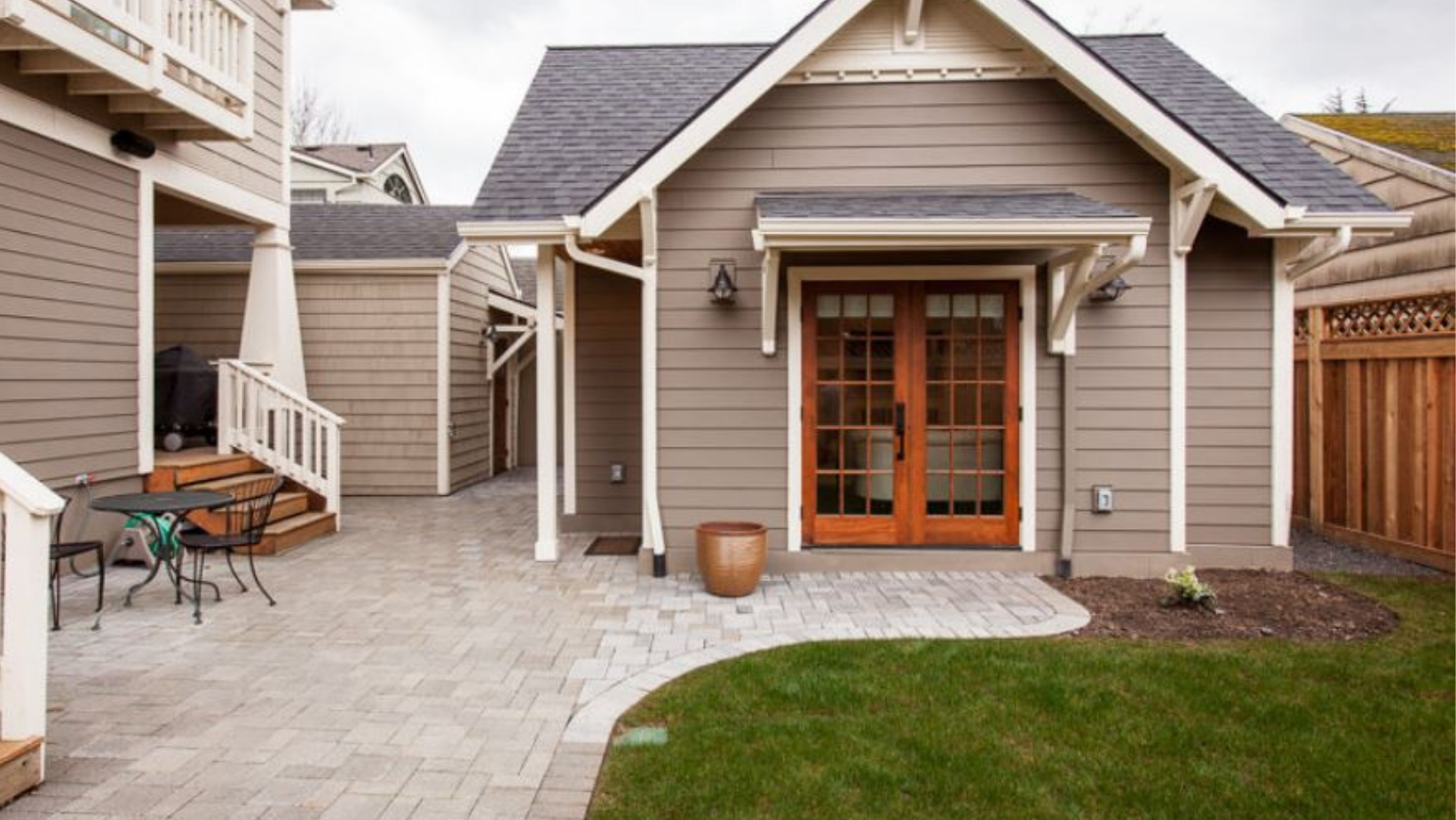This article was originally published in Times of San Diego
If San Diego is serious about building affordable housing, then local government should not roll back policies surrounding the building of auxiliary dwelling units, commonly known as ADUs or simply “granny flats.”
San Diego’s elected leaders got it right when they loosened up requirements on the construction of ADUs on single-family lots, because these are one of the least expensive ways to help increase our housing inventory in an effort to address the housing and rental crisis.
When affordable housing options are proposed there is almost always opposition from nearby residents, special interest groups and public officials claiming a series of negative outcomes. The opposition tends to worry about traffic, parking and demands on municipal services, as well as changes in the character of the neighborhood.
However, granny flats can be used to help make rents more economical for service professionals, such as teachers, police officers and nurses — anyone who makes an average salary in San Diego — without noticeably changing the neighborhood.
Any increased restrictions on the building of ADUs may prompt property owners to take advantage of other options such as Senate Bill 9, a new law recently signed by Gov. Gavin Newsom. This law will allow property owners to take their single-family property, split it in two, and put up three additional homes.
The intent of the law is to provide much-needed housing. However, this law has the potential to change the look of many San Diego neighborhoods much more so than the construction of a granny flat.
Another law recently signed by the governor is Senate Bill 10. This legislation creates a process for local governments to streamline zoning for new multi-unit housing near transit or in urban infill areas, with up to 10 units per parcel. The law simplifies the California Environmental Quality Act requirements for up-zoning, giving local elected officials another tool to increase density and provide affordable rental opportunities for more Californians.
The push to tighten up the regulations surrounding granny flats is unwarranted. There were 286,205 single-family homes and 240,844 multi-family homes in the city of San Diego in the most recent inventory report. But there were just nine granny flats built in 2016, 13 in 2017, 61 in 2018, 202 in 2019 and 386 in 2020 for a total of 671.
That is a drop in the bucket when it comes to tackling our housing and rental property inventory. The only alarming thing is that the number of new ADUs is far too low and we need thousands more built if we are serious about addressing the housing and rental crisis.
Therefore, our elected leaders must refrain from implementing any new costly fees or restrictions when it comes to building ADUs. In fact, government should provide financial incentives, such as tax credits for their installation to counter skyrocketing building costs.
The U.S. Bureau of Labor Statistics shows lumber and plywood costs along with most construction materials have soared over the last 12 months—and there is no indication that construction prices will drop anytime soon. San Diego politicians cannot control the cost of lumber and plywood, but they can continue to make is easier to build granny flats by streamlining regulations in an effort to help stabilize the local rental and housing market.
Let’s urge our elected officials not to reverse the sensible decisions that were made to lessen restrictions on granny flats so we can increase our housing inventory. There is no single solution to tackling the affordable housing and rental crisis, and we will most likely need a multifaceted approach to increase the number and affordability of homes.
Our elected officials need to refrain from mounting political pressure to tighten up restrictions on granny flat construction. What we really need to do is remove all permit fees associated with the construction of granny flats and further ease the restrictions surrounding new construction in general — and those in a position of power should do it now.
Mark Powell is a real estate broker and president of Parents For Quality Education.






